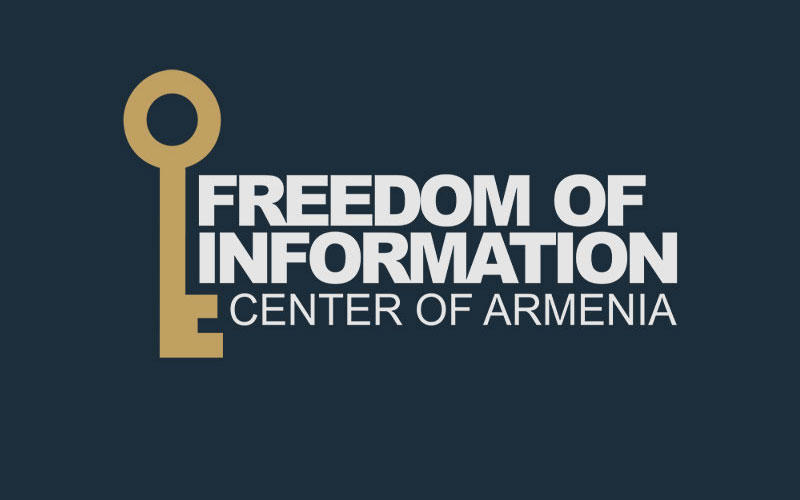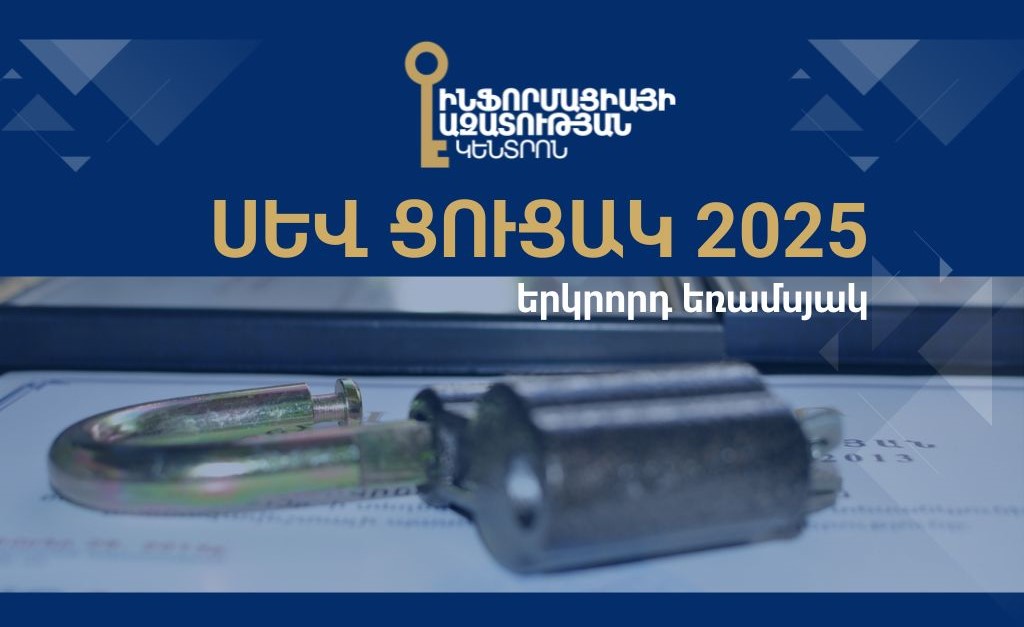On the 17th of June the FOICA’s “The Right to Know: Collection of Court Cases 2007-2010” book presentation took place. It summarizes 20 court cases of the last four years, accompanied by all the related documents initiated by the Centre in the sphere of freedom of information in. The diversity of the court cases allows a number of analyses to be done regarding the FOI judicial practice.
As a rule, the main aim and claims of the FOICA – to provide the enquired information – were upheld by the court. This tendency proves that the execution of the right to seek and receive information and its judicial protection have progressed in the last four years. However, another claim – to take administrative sanctions against the officials who violate the right to be informed – was dismissed by the court. Only the case “FOICA vs. the mayor of the village of Elpin and the village principality” was an exception. Here, for the first time, the court (judge: A. Poghosyan) took administrative sanctions against the official for violating the right to be informed.
The claims to take administrative sanctions against officials were mainly dismissed because of a legislative gap. This gap was uncovered by the RA Constitutional Court, when examining the FOICA’s claim to announce articles 151 and 152 of the RA Administrative Procedure Code as contradicting each other.
Also, for the first time, the FOICA, together with “Aravot” daily, legally questioned the fact that electronic enquiries were being left unanswered. The FOICA and “Aravot” had brought charges against the regional administrations of Shirak and Lori, because they had left “Aravot” daily’s journalist Aram Zakaryan’s electronic enquiries unanswered. This can be a good precedent for the other media outlets, too, whose journalists’ information enquiries are groundlessly denied or the answers arrive late. As in previous years, now too, sometimes just the fact of applying to the court is enough to restore the right to know. In a number of cases the FOICA’s court cases were quashed, because the information was provided during the court hearing. Every court case about the freedom of information by itself has a great educational importance for the officials and the public. Besides, these court cases also have a preventive function for the violation of the right to know. They are unique warnings for the officials that should they hinder the implementation of the freedom of information; they will have to stand accountable in front of the court.
Click here to download the electronic version of the book.








